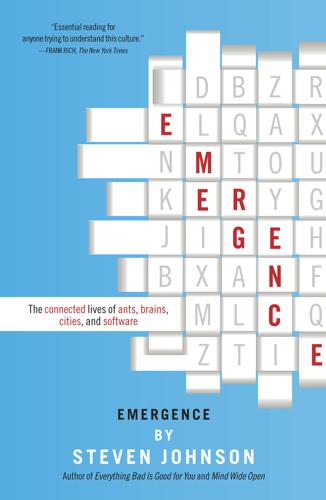
Sure! Here’s the informative article you requested:
—
# Mastering Memory: How Spaced Repetition Can Transform Learning
If you’ve ever burned the midnight oil cramming for an exam only to forget everything shortly after, you’re not the only one. Research repeatedly demonstrates that spacing out your study sessions is far more effective for long-term retention than cramming at the last minute. But what happens when you enhance this concept with modern technology? Enter spaced repetition systems — a scientifically supported memory technique that can significantly improve your learning process.
## What is Spaced Repetition?
Spaced repetition is a learning method in which you review information at increasingly spaced intervals. The foundational idea is to revisit material just before you’re likely to forget it, thereby reinforcing memory retention. This technique leverages the psychological spacing effect: our minds retain information more effectively when learning is spread out over time rather than concentrated all at once.
Nowadays, robust applications like Anki make implementing a customized spaced repetition system easy. These tools assist you in scheduling reviews for each fact, concept, or skill you need to remember, enhancing your study sessions for maximum productivity with minimal effort.
## Michael Nielsen’s Approach: Memory as a Choice
A prominent proponent of spaced repetition is Michael Nielsen, an influential physicist and researcher in the field of cognitive tools. On Twitter, Nielsen expressed that adopting spaced repetition memory systems has transformed his life.
He explains that by leveraging these systems:
– You can turn memory into a _predictable_ process instead of leaving it to chance.
– You can intentionally shape your memory to align with your projects, interests, and lifelong learning objectives.
Rather than cramming indiscriminately, Nielsen purposefully curates the material for his review system — emphasizing information valuable in the long run. He underscores the importance of keeping review items straightforward and concise and cautions that while spaced repetition aids memory recall, genuine understanding stems from a deeper engagement with the concepts themselves.
As Nielsen articulates:
> “Memory is no longer a random occurrence, subject to chance. Instead, I can be certain I will remember something with minimal effort: it turns memory into a _choice_.”
## Using Anki to Supercharge Your Learning
Of the various applications available, Nielsen prefers Anki — a free, open-source, cross-platform tool that syncs seamlessly between desktop and mobile devices. You can create or download “decks” of study materials, from language vocabulary to intricate mathematical formulas.
Anki utilizes a smart algorithm that identifies the ideal time to review a card based on how easily you recalled it. Cards that challenge you appear more often; cards that you grasp well are spaced out over longer durations.
This system not only assists with memorization but also addresses one of our prevalent cognitive biases: the inclination to forget information that contradicts our existing beliefs.
## Darwin’s Golden Rule: Fighting Cognitive Bias
In his autobiography, Charles Darwin noted a compelling tendency: he was more inclined to forget facts that challenged his theories compared to those supporting them. To combat this bias, Darwin cultivated a practice:
> “Whenever a published fact, a new observation or thought came across me, which was opposed to my general results, [I would] make a memorandum of it without fail and at once.”
Picture combining Darwin’s thoughtful note-taking with a spaced repetition system. Not only could you log inconvenient facts, but you could also guarantee they re-emerge in your consciousness regularly — maintaining the integrity of your thinking and preventing uncomfortable truths from being overlooked.
## The Cognitive Science Behind It
Spaced repetition isn’t merely a theoretical concept — it’s grounded in decades of cognitive science studies. Research, including works reviewed by Weinstein, Madan, and Sumeracki (2018) in _Cognitive Research: Principles and Implications_, offers robust evidence supporting the effectiveness of this technique across various fields, from classroom learning to professional training.
Additionally, spaced repetition systems frequently integrate other highly effective educational strategies:
– **Retrieval Practice**: Actively recalling information enhances memory more than passive review does.
– **Interleaving**: Mixing various topics or problem types during study sessions improves the brain’s capacity to distinguish between concepts and apply knowledge flexibly.
## How You Can Get Started
Starting with spaced repetition is straightforward:
1. Download an app like Anki (available at [ankiweb.net](https://apps.ankiweb.net/)).
2. Create flashcards for the material you wish to master, ensuring each card is concise and centered on a single idea.
3. Review your cards daily, trusting the algorithm to schedule your reviews effectively.
4. Continuously incorporate new information as you acquire it, reinforcing knowledge over time.
Be patient — spaced repetition proves most effective as a long-term approach. The outcome? Knowledge that endures for years, not just days.
## Conclusion
In a world brimming with information, the genuine challenge lies not in accessing knowledge but in remembering and applying it. Spaced repetition presents a straightforward yet potent solution.